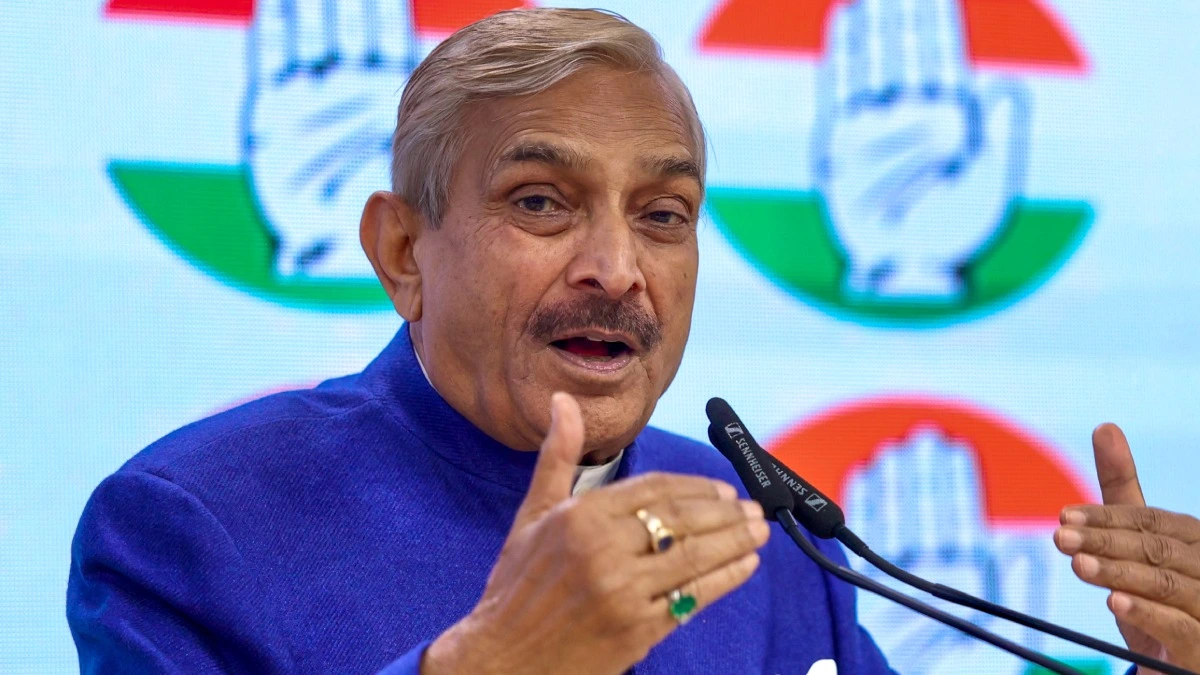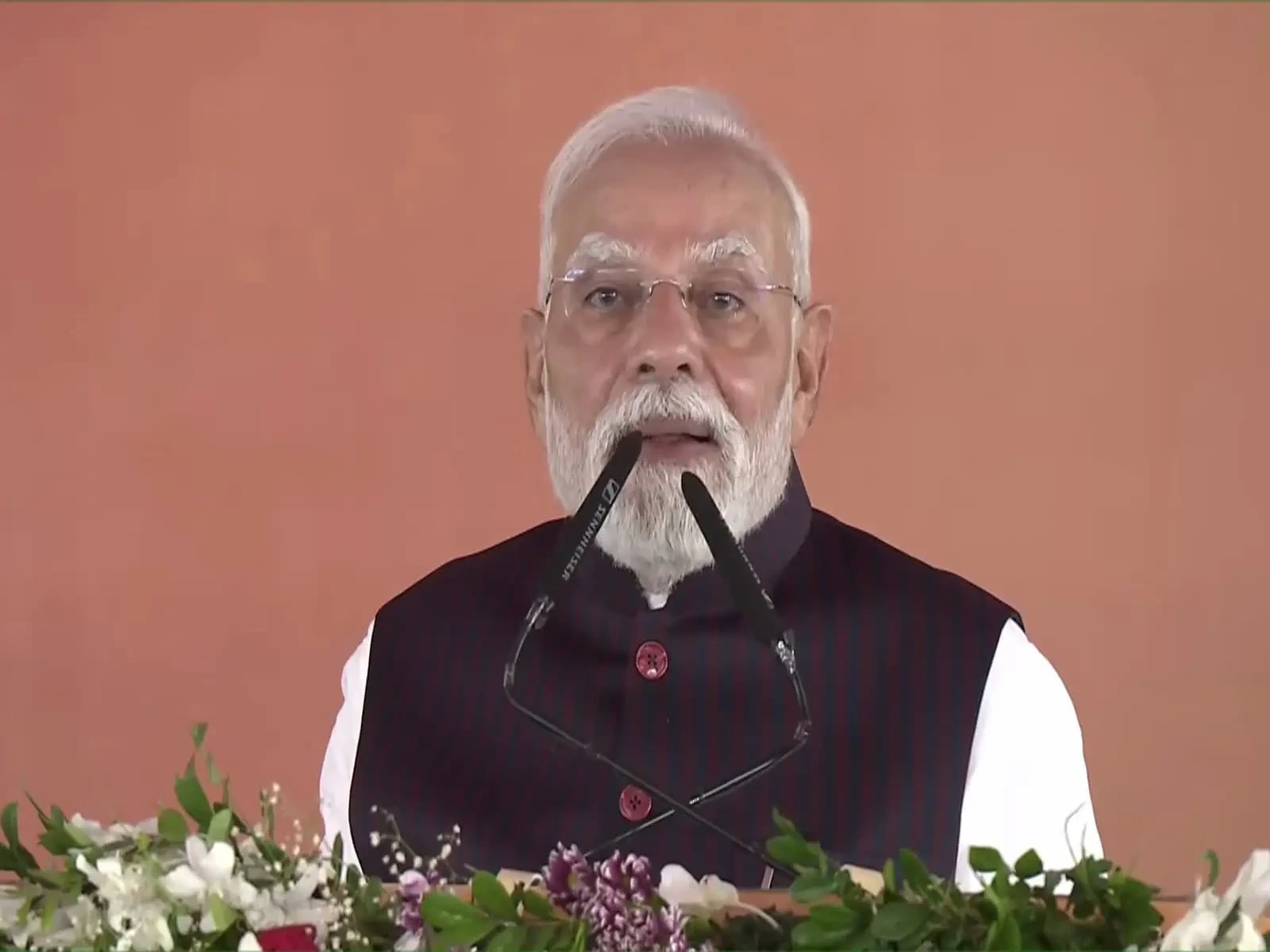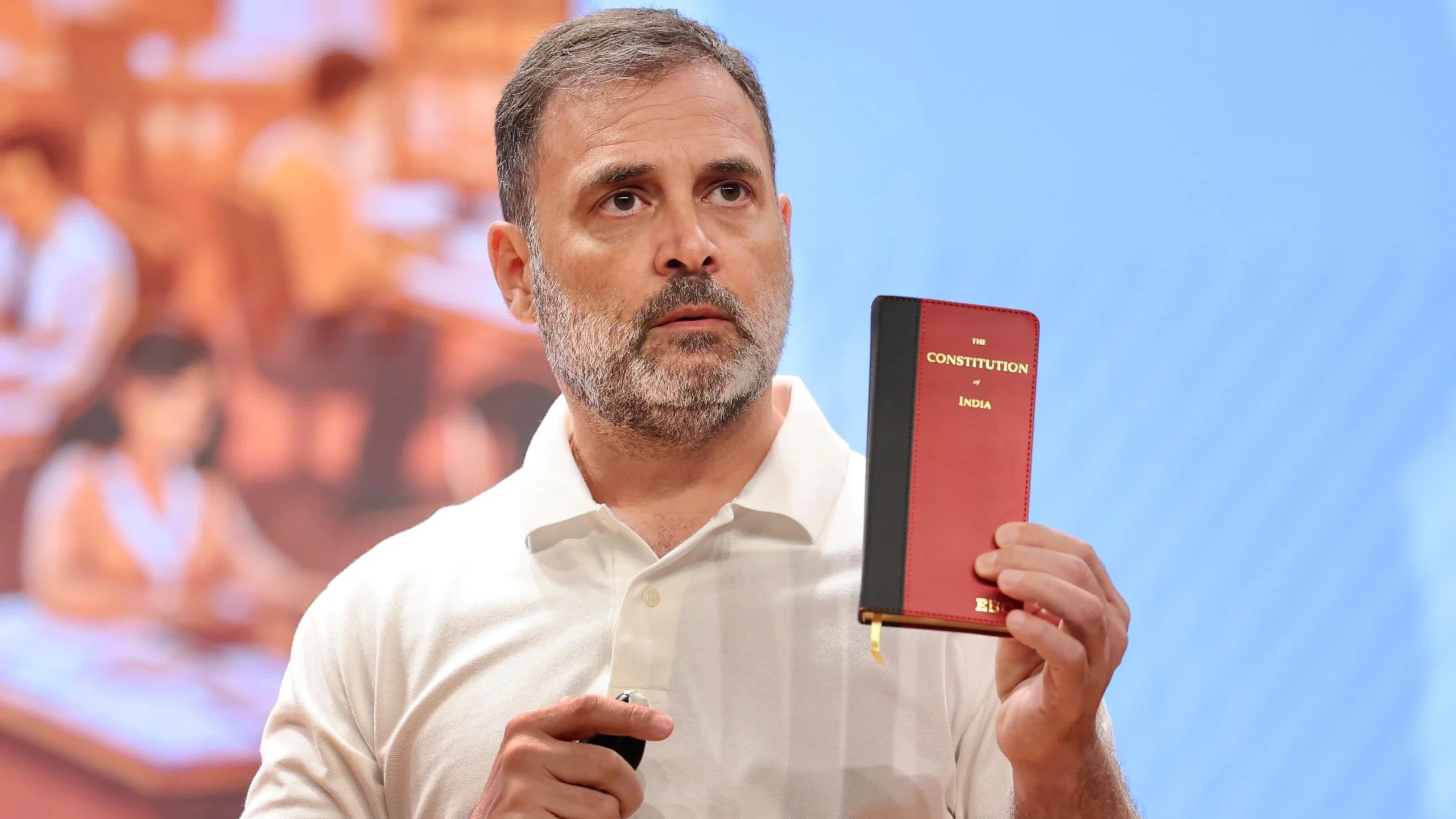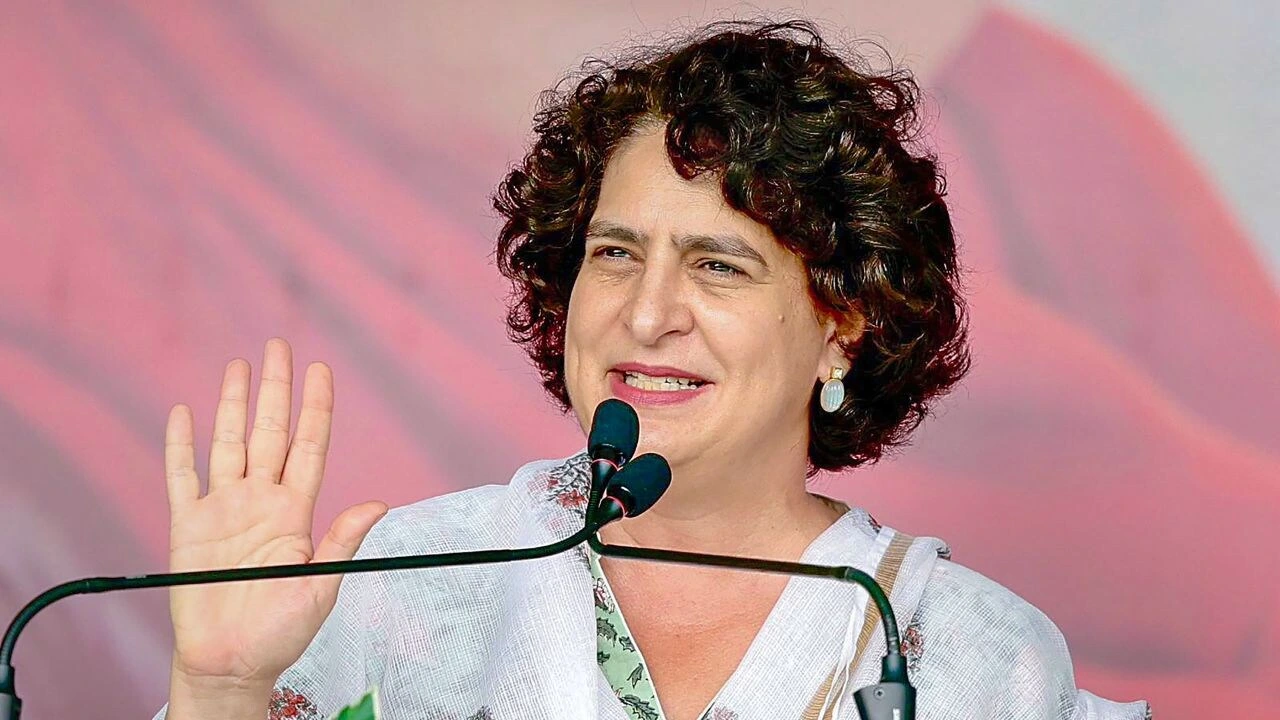During a press briefing held in New Delhi, Pramod Tiwari questioned the Prime Minister’s continued silence on what he termed “one of the most pressing international humanitarian crises of the decade.” According to Tiwari, the Indian government’s reluctance to openly urge restraint from its strategic partners like Israel and the United States raises concerns about India’s foreign policy direction under the current regime.
“India has always been a voice of peace and justice in the world stage. Why is the Prime Minister silent now? Will he speak to Israel or the US President and urge peace?” Tiwari asked reporters.
He further added that India, as a nation with historic support for Palestinian statehood and balanced diplomacy in the Middle East, should not abandon its traditional role in promoting peace.
Pramod Tiwari : India’s Diplomatic Stance Under Scrutiny
Pramod Tiwari : A Shift in Policy? Or Strategic Neutrality?
Tiwari’s comments have reignited debate over India’s evolving position in the Israel-Palestine conflict. While India has officially called for “peace and stability” in the region, it has refrained from explicitly condemning Israeli actions in recent escalations.
Pramod Tiwari argued that neutrality must not equate to silence, especially when thousands of civilian lives are at stake.
“Remaining neutral does not mean we close our eyes. If we don’t raise our voice now, when will we?” he asked.
This sentiment is echoed by a number of opposition leaders and civil society voices who believe India’s foreign policy is increasingly skewed toward aligning with Western powers rather than asserting its independent moral authority.
Global Context: Israel-Gaza Conflict and U.S. Involvement
Why Congress and Pramod Tiwari Are Pressing for Intervention
The latest flare-up in the Israel-Gaza conflict has led to hundreds of civilian deaths, widespread infrastructure destruction, and international alarm. The U.S. administration, under President Joe Biden, has largely stood by Israel’s right to self-defense while calling for “measured responses.” However, there has been limited success in actual de-escalation.
Against this backdrop, Pramod Tiwari’s remarks reflect growing pressure on India’s government to engage proactively with global powers and use its diplomatic capital to promote a ceasefire.
Tiwari said that India’s silence could be interpreted as indifference and that active engagement would not only reflect India’s historical values but also boost its credibility as a global peace mediator.
Congress’ Consistent Critique of Modi Government’s Foreign Policy
Pramod Tiwari: “Foreign Policy Is Not a Photo Opportunity”
In his media interaction, Pramod Tiwari also took a broader swipe at the Modi government’s foreign policy approach, saying it was more symbolic than substantive.
“Foreign policy is not about selfies or hugs. It is about safeguarding national interests and standing up for global peace,” Tiwari stated.
Congress has frequently criticized the Modi administration for being overly focused on public diplomacy while allegedly failing to take a strong stand on sensitive global issues.
He also questioned why, despite India’s long-standing ties with Palestine and its status as a founding member of the Non-Aligned Movement (NAM), the current government was not leveraging its diplomatic relationships to help mediate a ceasefire.
BJP’s Response and Government Stand
Accusations of Politicizing Foreign Affairs
In response to Pramod Tiwari’s remarks, BJP spokespersons dismissed his comments as “political opportunism”, accusing the Congress party of using an international crisis for domestic point-scoring.
A senior BJP leader said:
“The Prime Minister and the Ministry of External Affairs are closely monitoring the situation. India has always stood for peace and will continue to do so through appropriate diplomatic channels.”
While the Ministry of External Affairs (MEA) reiterated its official line—calling for restraint and return to dialogue—critics say the lack of specificity in the government’s statements signals a passive posture in global affairs.
India’s Historical Stance on the Israel-Palestine Conflict
A Legacy of Balanced Diplomacy
India has traditionally maintained a balanced approach in the Israel-Palestine conflict, supporting Palestinian sovereignty while developing robust diplomatic and defense ties with Israel.
During the UPA regime, India consistently voted in favor of Palestine at the United Nations, advocating for a two-state solution. Tiwari, who has been a vocal part of that foreign policy narrative, argues that the current silence betrays that legacy.
“Our founding fathers, from Nehru to Vajpayee, believed in peaceful resolution and dignity for all nations. We cannot afford to lose that moral compass,” Tiwari emphasized.
The Road Ahead: Will India Play a Mediating Role?
Calls for Proactive Diplomacy Rise
With India’s rising global stature—being a member of the G20, BRICS, and a key voice in the Global South—there is increasing expectation that it must take a stronger role in addressing global conflicts.
Pramod Tiwari’s call is therefore not just political rhetoric but a challenge to the government to live up to the expectations placed upon it in the international arena.
Civil society groups, foreign policy analysts, and even some members of the ruling alliance have acknowledged that a humanitarian crisis on this scale deserves more than cautious statements.
Conclusion: Will Modi Respond to Pramod Tiwari’s Call for Peace Diplomacy?
As the Gaza conflict worsens, and global scrutiny on India’s diplomatic posture intensifies, the Modi government may find itself at a crossroads. Should it maintain its current strategy of cautious neutrality or embrace a more proactive, peace-seeking role?
The question raised by Pramod Tiwari—“Will PM address Israel and the U.S. President to urge peace?”—may echo not only in Parliament but also in the minds of millions of Indians who believe that their country has a moral responsibility to stand up for peace.
Source : ANI





